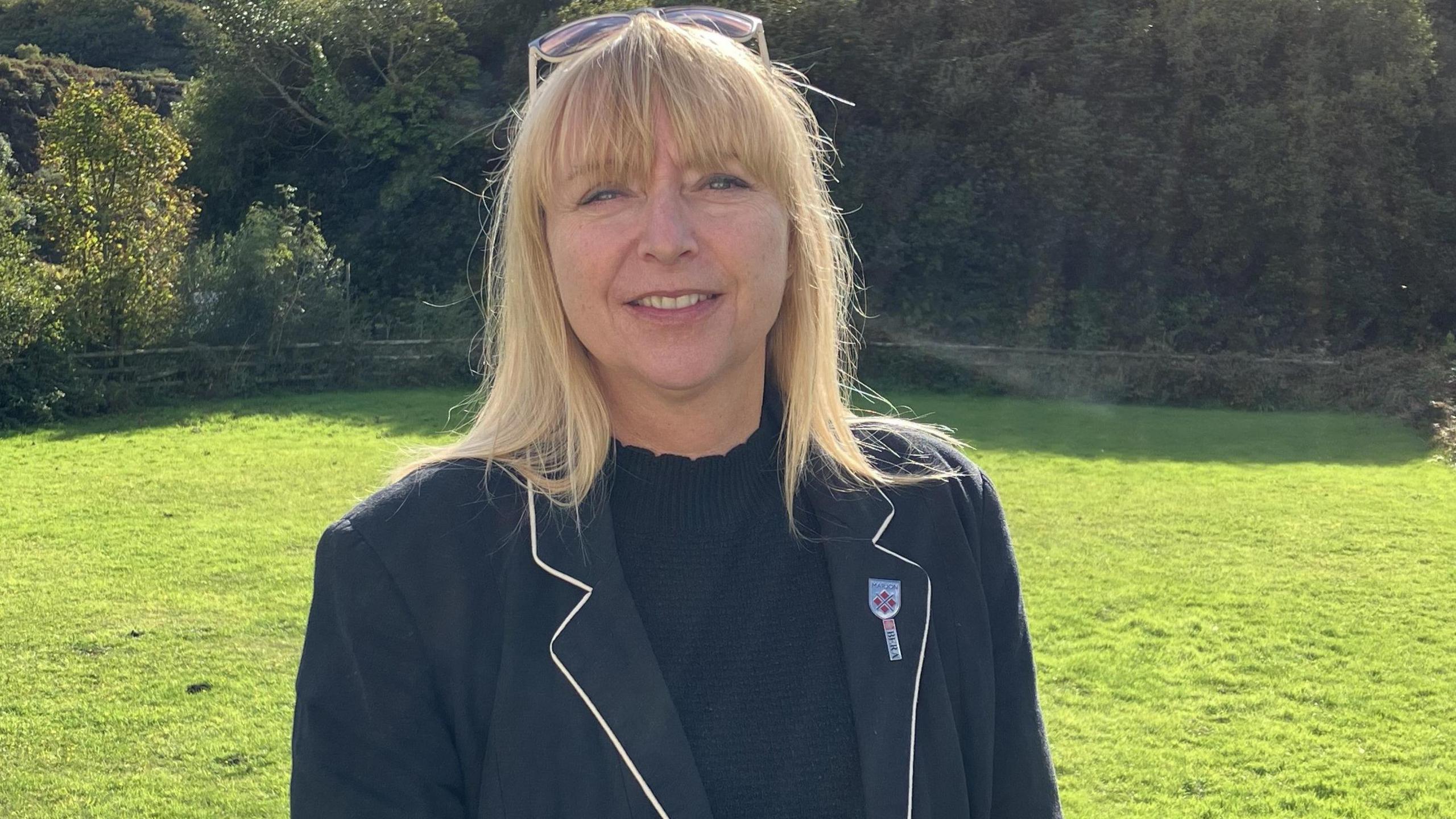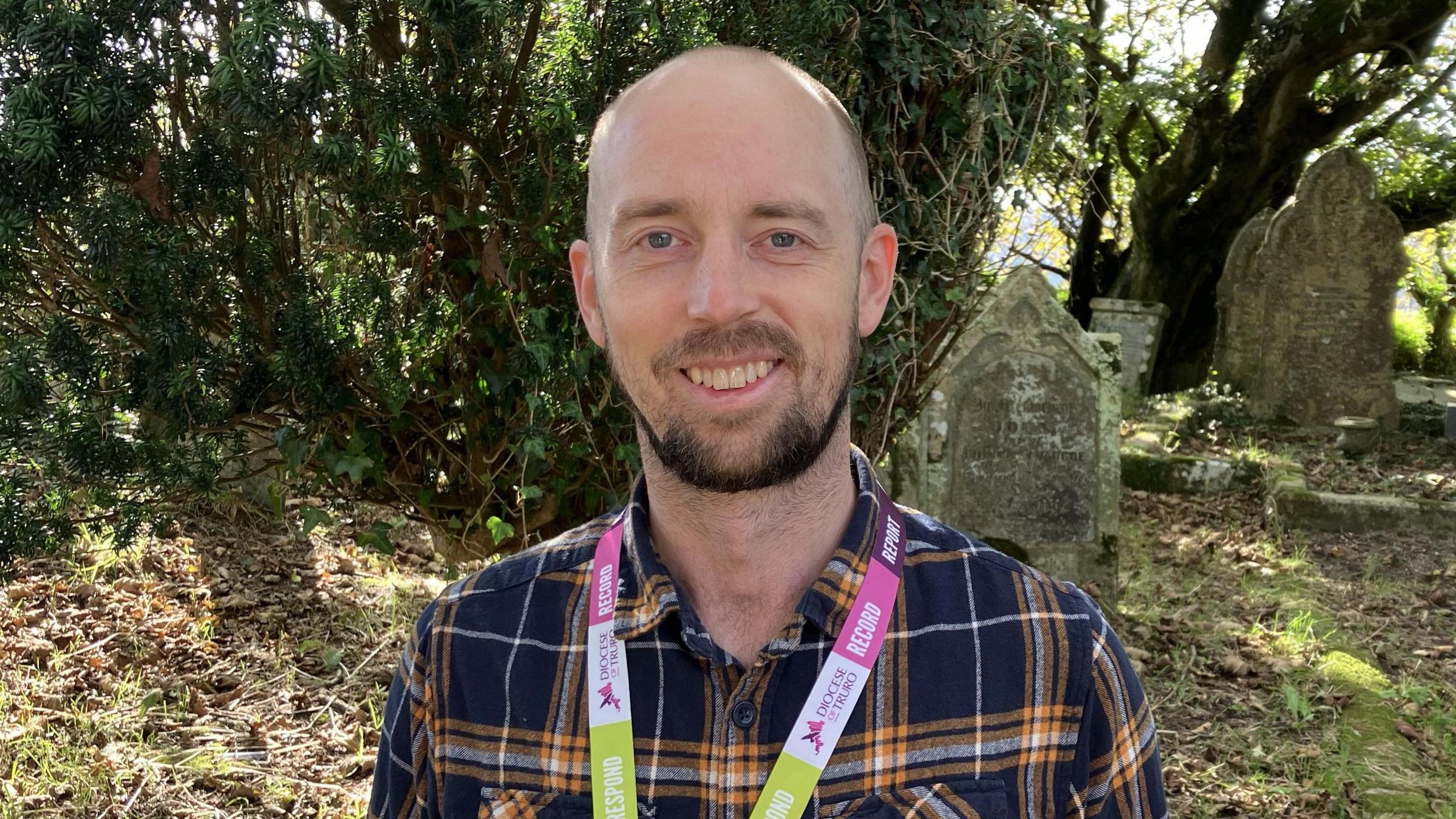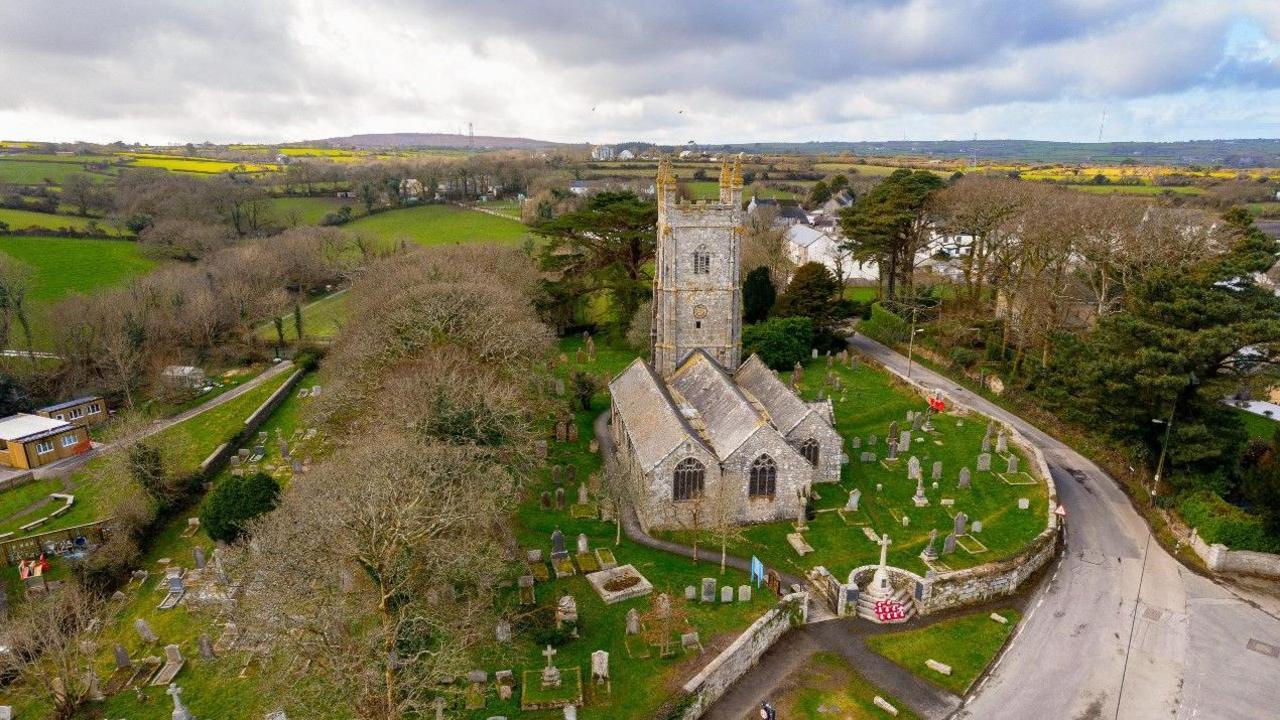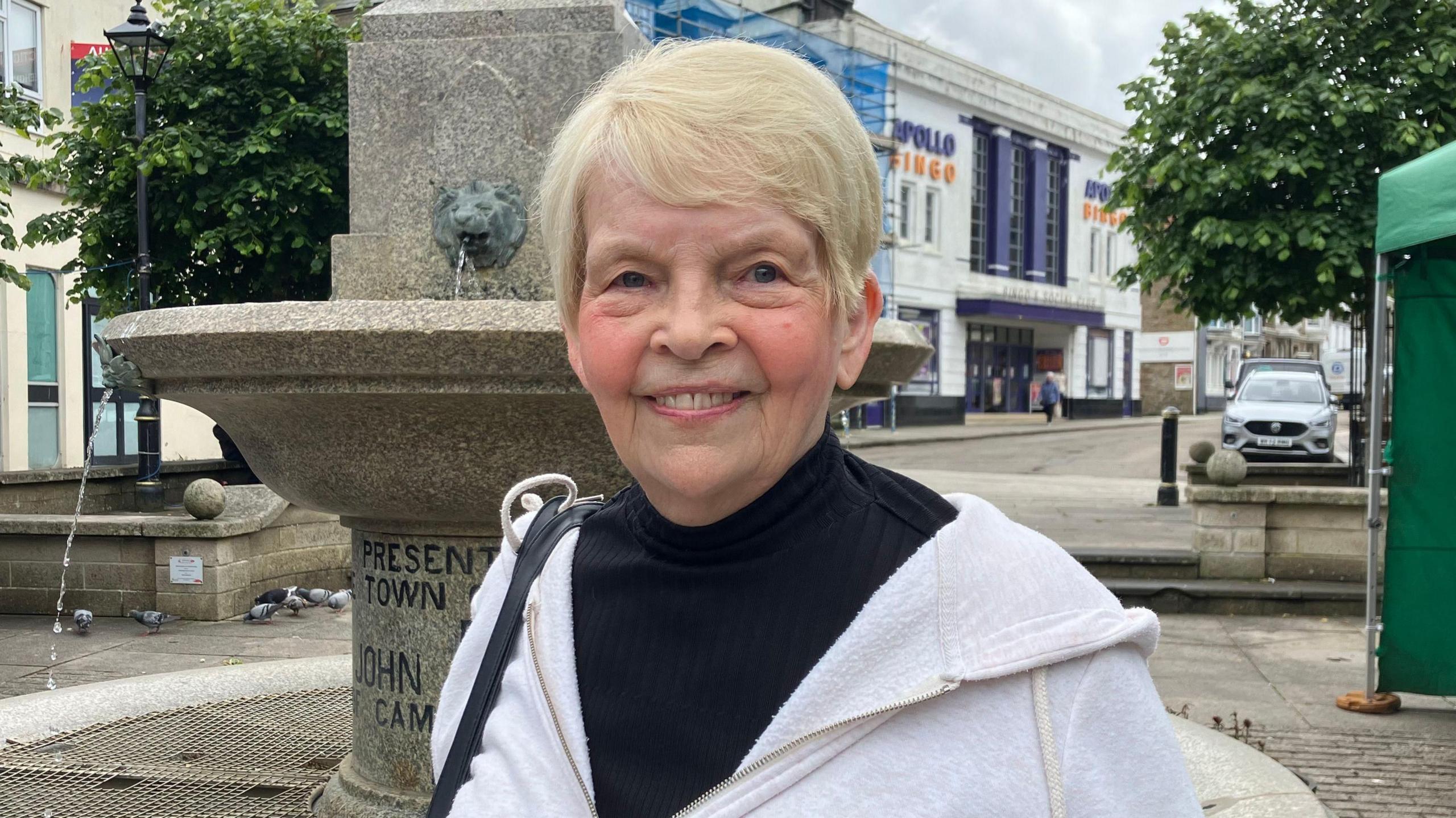Rural poverty 'hidden behind scenic views'

Tanya Ovenden-Hope said Cornwall needed more resources targeted to areas of need
- Published
The way the government measures deprivation fails to take into account the challenges faced in rural areas like Cornwall, a new report has said.
Researchers at Plymouth Marjon University criticised the existing Index of Multiple Deprivation (IMD) for not placing enough emphasis on issues like access to public transport.
They warned of "pretty poverty" being misunderstood and underfunded as rural hardship could be "hidden behind scenic views".
The government defended the quality of its current indices but said it was investigating what methods and data were best to measure deprivation in rural areas.
The report studied life in six wards in Cornwall: St Blazey West, St Day, St Buryan, and Sennen, Bodmin St Mary's Ward, St Dennis South, Looe North and St Mary.
Lead researcher Professor Tanya Ovenden-Hope said the current indices of multiple deprivation did not reflect the differences between rural and urban areas.
"The problem with that is if you don't treat places differently according to their need then you don't have equity," she explained.
'Everyone needs a car'
She argued transport was a key example of this: "Everybody in Cornwall needs to have a car.
"If you can't afford a car and you rely on public transport then it's very difficult to get to where you need to be in terms of work, education, and services.
"The IMD doesn't weight transport heavily and the way it sees deprivation and that's because if you own a car you are seen to be affluent."
She stressed problems like broadband speed and levels of underemployment should be given more prominence and strengthen the case for more resources to be directed to Cornwall.

Paul Phillips said the current deprivation measures did not "cut the mustard" for areas like Cornwall
The research was funded by the Diocese of Truro - its social responsibility officer, Paul Phillips, argued there was a moral imperative to tackle deprivation.
He said: "The ethical case is certainly there and this report has really shone a light on that.
"While the IMD is great for cities and larger conurbations it just does not cut the mustard down here. It's not doing justice for the people that live and work really hard down here.
"As the church we really care about these things - we want to make a difference, we need to be making a difference, and we are really excited we've got this research behind us," he added.
'Full visibility'
Perran Moon, the Labour MP for Camborne and Redruth, said he welcomed the report: "We do have areas of extreme poverty and deprivation in Cornwall and it's been an ongoing conversation we've had about recognising that poverty.
"We're really keen to make sure the government has got full visibility of this and they are adapting the funding formula to ensure that's taken into account."
A Ministry of Housing, Communities, and Local Government spokesperson said: "The Indices of Deprivation meet the high standards of trustworthiness, quality and value required for statistics.
"We're working across government to investigate deprivation in rural areas to further consider what data and methods we can use to help quantify it and will release a report on rural deprivation in October."
Follow BBC Cornwall on X, external, Facebook, external and Instagram, external. Send your story ideas to spotlight@bbc.co.uk, external.
Related topics
- Published20 July 2024

- Published27 June 2024

- Published7 March
